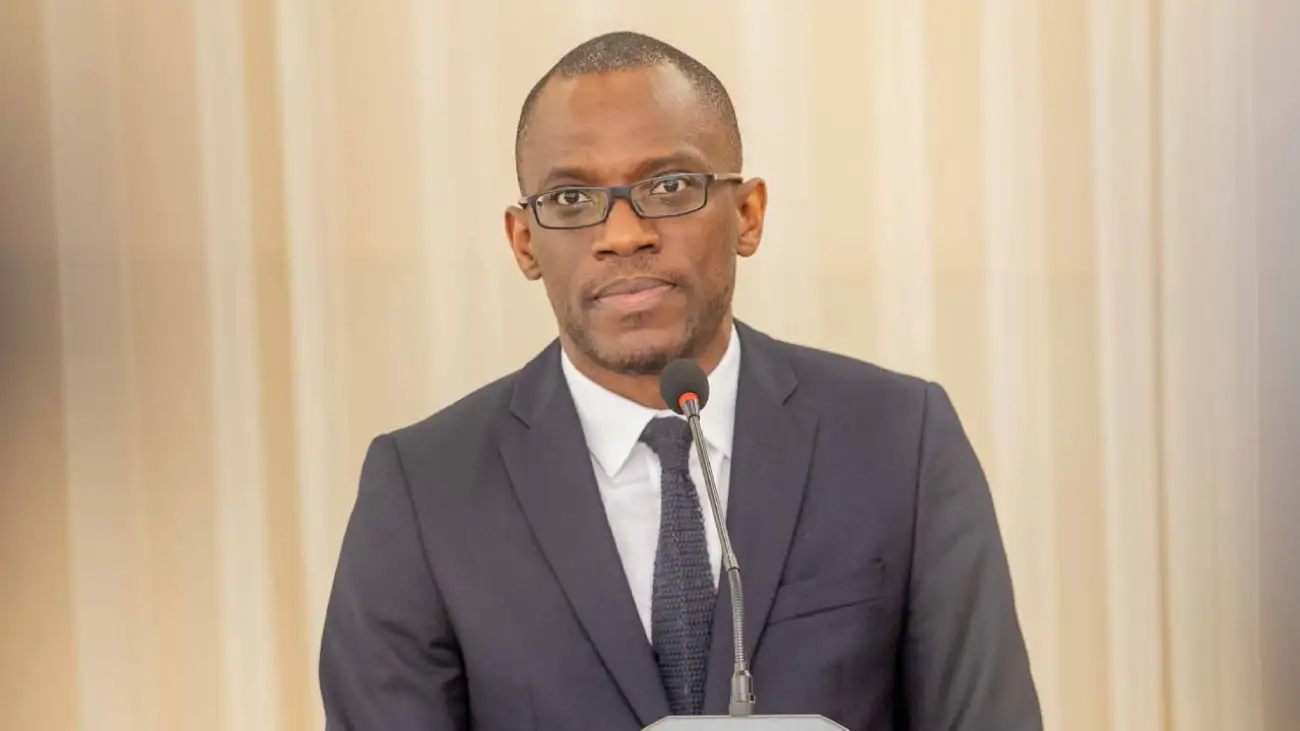Benin stays the course, says Olushegun Adjadi Bakari
In an interview with BIP Radio, Benin’s Minister of Foreign Affairs, Olushegun Adjadi Bakari, firmly defended the government’s key diplomatic and political strategies. Addressing topics ranging from the closed border with Niger to ECOWAS reforms, diplomatic downsizing, electoral thresholds, and foreign aid, the country’s top diplomat struck a confident, unapologetic tone in line with the government’s broader policy direction.

On the tense border situation with Niger, the minister was unequivocal: “The border is open on our side. The blockage is coming from Niger.” He shifted responsibility to Niamey, downplaying hostilities while highlighting the root of the tension — namely, the withdrawal of Niger, Burkina Faso, and Mali from ECOWAS. While respecting their sovereign choice, Bakari reaffirmed Benin’s commitment to regional cooperation. He confirmed the recall of ambassador Gildas Agonkan and said a new appointment would be made soon. Despite the current rift, he expressed hope for normalized relations, noting that “peoples endure, even when leaders come and go.”
Addressing the crisis in Haiti, Bakari reiterated Benin’s willingness to contribute to an international mission — but only if it is military in nature and under a UN mandate. “This is not a job for police; it requires a military mission,” he insisted. The current proposal does not meet Cotonou’s criteria, but the minister said Benin remains open to joining should the mandate evolve.
Regarding the government’s drastic reduction in diplomatic outposts — from about fifty to just over a dozen — Bakari spoke of a “utility-based diplomacy.” The goal, he explained, is to focus resources where they matter most. This streamlining has reportedly saved the country 6 billion CFA francs annually, redirected toward social programs. He clarified that the policy is not inflexible: for example, the embassy in India, closed in 2020, was reopened after India became Benin’s top economic partner. For those concerned about limited access to consular services, Bakari pointed to digital solutions.
“The State must be present in every Beninese living room,” he said.
Firmly in favor of Benin remaining within ECOWAS, Bakari nevertheless criticized the organization’s current structure. “Benin benefits from none of ECOWAS’s institutions,” he stated, calling for sweeping reform. Without change, he warned, “those wanting to throw out the baby with the bathwater will eventually win.”
Regarding the suspension of certain U.S. aid programs, including those from USAID and UMC-Benin, the minister said Benin had shifted its stance. “We are no longer chasing development aid,” he declared. The government now prioritizes productive investments. “We need job-creating investments, not handouts,” he emphasized.
On the controversial new Electoral Code, which introduces a 20% vote threshold in every district, Bakari made no apologies. The reform, he argued, is aimed at eliminating regionally or ethnically based parties in favor of building a true nation-state. He dismissed claims of political exclusion, insisting that the rules are clear and apply to everyone. “Politics is also about knowing how to organize,” he said.
As for the status of exiled opposition figures, Bakari was blunt: there are no political exiles in Benin. In his view, “being at odds with the justice system doesn’t make you a political exile.” Citing legal proceedings as a reason for exile, he argued, is often a way to play the victim and deflect from personal accountability.
Finally, when asked about his own presidential ambitions, Bakari sidestepped the question. “I am not a candidate,” he said, noting that he belongs to a “political family” rather than a political party. Drawing on his Yoruba heritage, he stressed that “it is the head of the family who chooses the successor.” As for the recent ministerial outreach campaigns — seen by some as early campaigning — he claimed they are purely informational.
“It’s not about campaigning. It’s about explaining what the government is doing for the people. Many Beninese are still unaware of programs like Azôli, the PSIE, or microcredit schemes.”


Comments